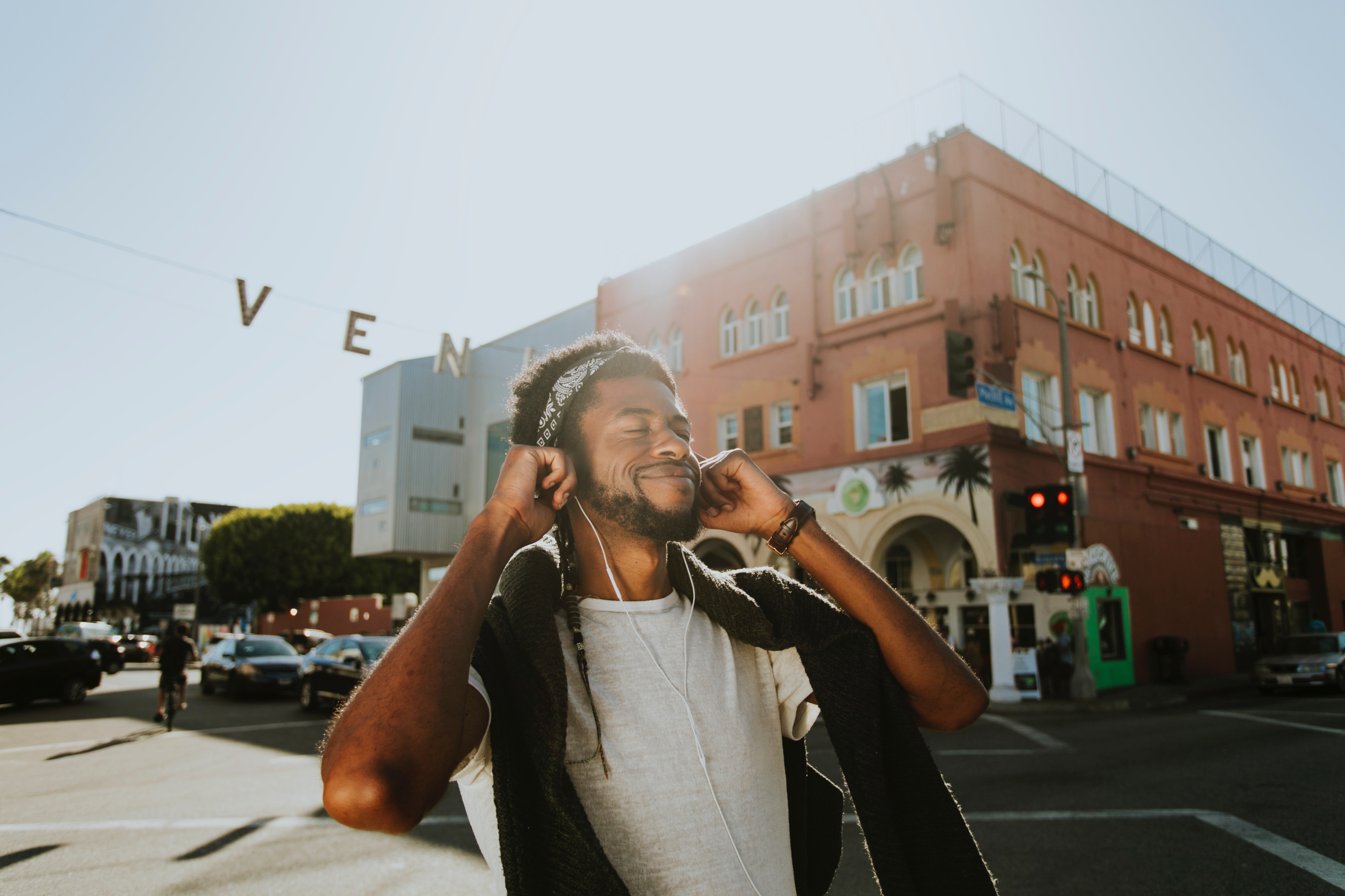Welcome to our special section, Thrive on Campus, devoted to covering the urgent issue of mental health among college and university students from all angles. If you are a college student, we invite you to apply to be an Editor-at-Large, or to simply contribute (please tag your pieces ThriveOnCampus). We welcome faculty, clinicians, and graduates to contribute as well. Read more here.
Body image continues to be a hot topic.
The Dove Global Beauty and Confidence Report 2016 surveyed 10,500 women and girls, and found that 85 percent of women will opt out of social activities if they do not feel good about how they look. Even more worryingly, 87 percent reported that they would stop themselves from eating (or similarly jeopardise their physical health) if they were unhappy with their appearance.
The same survey found that much of this pressure is seen to come from the media. This is unsurprising when the number of social media users continues to rise. Instagram in particular is becoming associated with negative body image due to the pictorial focus of the app and the high level of fitness influencers. A study the University of New South Wales and Macquarie University found that spending as little as 30 minutes on Instagram negatively affected how participants felt about their bodies.
These pressures can be felt particularly keenly in universities. Students are surrounded by a high concentration of high-achieving peers against which to compare themselves: There is always going to be someone skinnier, prettier, sportier.
In reaction to these worries, it can be tempting to undertake drastic fitness or dietary changes in order to achieve a more “desirable” appearance. This desire can be fuelled by Instagram feeds filled with celebrities or media personalities who exemplify such physical standards. Unfortunately, there is increasing research to suggest that such measures can have worrying long-term consequences on our health (for examples see this study or this study by the National Center for Biotechnology Information).
While it is impossible to eliminate such images altogether, for apps such as Instagram, it is possible to curate the content that one is immediately exposed to. By including affirming narratives in our daily exposure to social media, we can mitigate some of its detrimental effects on body image.
To this end, below is a list of eight “body positive” Instagram accounts who demonstrate that bodies come in all different sizes, shapes, colours, and textures.
1. Megan Jayne Crabbe (@bodyposipanda)
Perhaps the best-known body positive activist, Megan’s account may take its inspiration from pandas, but the colour scheme is more akin to that of a unicorn. Megan is a columnist and award-winning author whose feed is full of inspiring words.
2. Lucy Mountain (@thefashionfitnessfoodie)
Lucy is a personal trainer who adopts a “no B.S.” attitude towards fitness. Lucy’s account works to de-bunk fitness and dietary myths, teaching people that no food is inherently ‘bad’ food, and that the best way to deal with unhelpful narratives is a large helping of sarcasm.
3. Kevin Davis (@notoriouslydapper)
Fashion-conscious model Kevin keeps his feed popping with bright colours and an even brighter smile. When Kevin is not strutting on photoshoots, he writes award-nominated books to further promote his message.
4. Mary Kelkovsky (@maryscupoftea)
In four years, Mary has gone from bikini fitness competitor to body confidence coach. Having recovered from the eating disorder that she correspondingly experienced, Mary draws on personal experience to promote self-love grounded in balance.
5. Paloma Elsesser (@palomija)
Up-and-coming model Paloma has been featured in Vogue and is represented by IMG Worldwide. Paloma’s feed shows that unapologetic confidence is the best look to wear.
6. Matt Joseph Diaz (@mattjosephdiaz)
Matt draws on their experience of significant health-driven weight loss to inform their work as a writer and public speaker. Matt’s feed is full of selfies with self-affirming captions which perfectly demonstrate how to hype yourself online.
7. Claudia T. Felty (@drclaudiatfelty)
Claudia is a self-proclaimed “non-diet dietician.” Claudia’s feed advocates intuitive eating — listening to your body to understand what kind of food it wants. Claudia’s flexible approach mixes personal experience backed up by postdoctoral nutritional knowledge.
8. Serena Williams (@serenawilliams)
International tennis champion Serena Williams may not have an account dedicated to body positivity, but she has been a vocal advocate of not letting beauty standards hold you back. Often held as an example of an inspiring woman who is unafraid to show her cellulite, Serena’s feed never fails to inspire.
Subscribe here for all the latest news on how you can keep Thriving.
More on Mental Health on Campus:
What Campus Mental Health Centers Are Doing to Keep Up With Student Need
If You’re a Student Who’s Struggling With Mental Health, These 7 Tips Will Help
The Hidden Stress of RAs in the Student Mental Health Crisis


